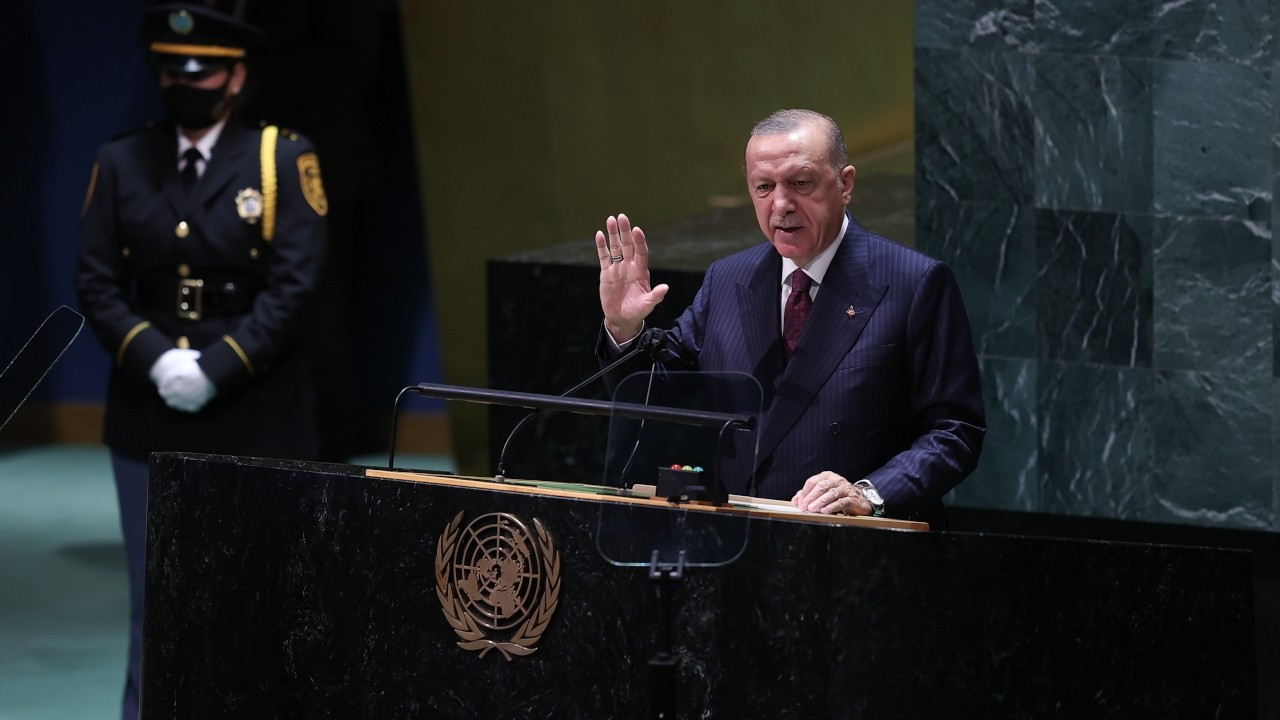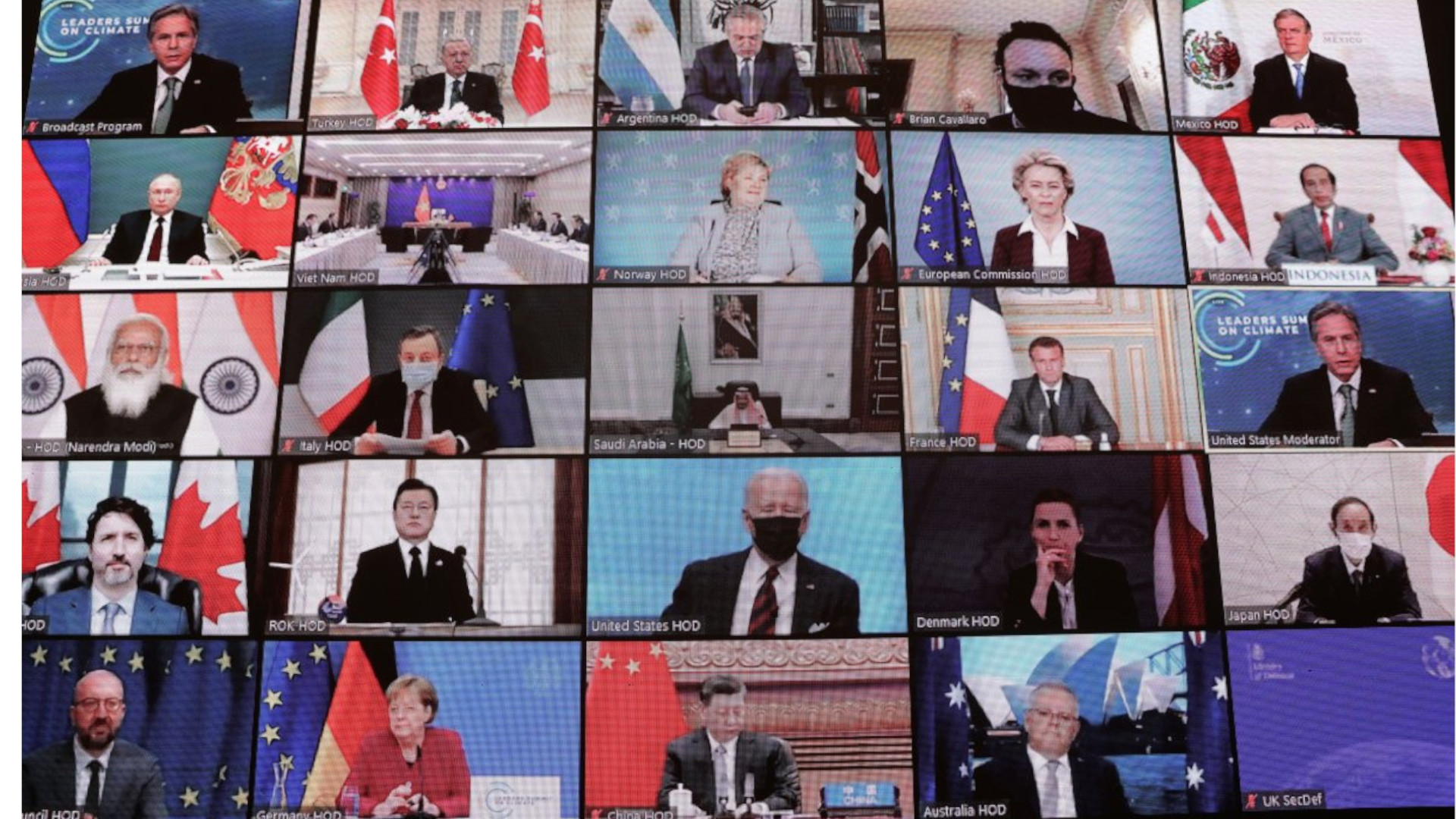$3 billion loan behind Erdoğan’s new support for Paris Climate Agreement
After President Erdoğan announced that parliament will ratify the Paris Climate Agreement next month, it was revealed that the World Bank, France, and Germany offered $3 billion in loans in exchange for ratification.
Duvar English
President Recep Tayyip Erdoğan's announcement on Turkey being finally ready to ratify the Paris Climate Agreement was a result of an annual $3 billion in low-interest loans promised by the World Bank, France, and Germany in return for ratification, online news portal T24 reported.
The Turkish President on Sept. 21 said that the agreement would be brought before parliament for ratification next month, six years after the deal’s introduction. He told the United Nations General Assembly that Turkey had not ratified the deal due to unfair distribution of responsibility.
"We plan to present the Paris climate agreement to our parliament's approval next month in line with constructive steps that will be taken," Erdoğan said.
The Paris Climate Agreement was adopted by 196 UN member nations in 2015 and entered into force in 2016. As of March 2021, 191 UN member nations were formally party to the agreement, including 19 of 20 G20 nations - Turkey was the only nation that refused to do so.
The legally binding agreement aimed to limit global temperature rise to a maximum of 2 degrees celsius by committing ratifying nations to curb greenhouse gas emissions and adopting more renewable technologies and practices. Turkey refused to sign the agreement, it said, until it was removed from the list of Annex-1 developed countries and placed on the list of developing countries. This would allow Turkey to benefit from the $100 billion Green Climate Fund, offered by wealthier nations to developing ones.
The sticking point for Turkey has been the financing of sustainable projects and technologies - without the funding from the Green Climate Fund, they argued, the country’s ratification of the agreement was impossible. However, in a meeting of the Parliamentary Climate Commission in April, Deputy Environment and Urbanization Minister Mehmet Emin Birpınar announced that his ministry was negotiating alternate funding sources. He mentioned the potential $3 billion credit package and the ability it would give Turkey to invest in sustainable development.
“$3 billion is a very serious amount of money for a country like ours to use for renewable energy and other environmentally friendly projects,” he said.
Duvar English columnist and Climate Foundation (İklim-Der) head Önder Algedik told T24 that the Turkish government’s priority is low-interest credit and loans, not the slowing of climate change. He pointed out that despite Turkey’s carbon emissions increasing from 220 billion tons in 1990 to 506 billion tons in 2019, they set a goal of 929 billion tons of carbon emissions for the 2030 Paris Climate Agreement goal. Not only does this not represent a lowering of emissions, but is a more rapid rate of emission increase than over the past twenty years.
While Turkey continues to develop environmentally unfriendly projects, such as thermal power plants, then, it seeks international financing for sustainability projects.
“The current motivation of the government in Turkey is not to reduce emissions and slow down climate change, but to accelerate it,” said Algedik.

 How did Turkey burn 665 billion dollars?World
How did Turkey burn 665 billion dollars?World Turkish gov't to submit Paris climate agreement to parliament next month, Erdoğan tells UNDiplomacy
Turkish gov't to submit Paris climate agreement to parliament next month, Erdoğan tells UNDiplomacy The truth behind Turkey’s wildfire and flood crisesWorld
The truth behind Turkey’s wildfire and flood crisesWorld Erdoğan’s take on the climate crisis: Look at our gardens!World
Erdoğan’s take on the climate crisis: Look at our gardens!World